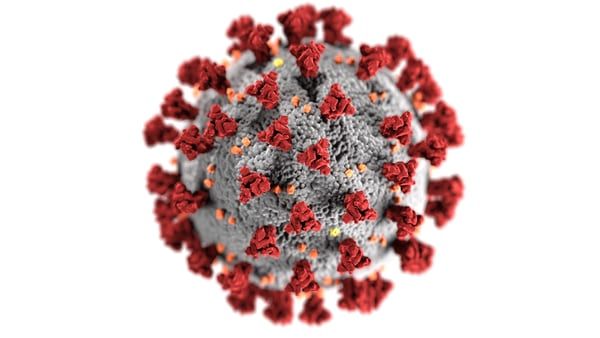The new COVID variant, C.1.2, could be more transmissible and evade protection provided by vaccines, according to a study. First found in South Africa, the new ‘variant of concern‘ has since been found in China, the Democratic Republic of the Congo, Mauritius, England, New Zealand, Portugal and Switzerland.
Scientists from National Institute for Communicable Diseases (NICD) and the KwaZulu-Natal Research Innovation and Sequencing Platform (KRISP) in South Africa noted that mutations together with changes in other parts of the virus likely help the virus evade antibodies, and immune response, including in patients who have already developed antibodies for the Alpha or Beta variants.
Also read: Japan’s Moderna COVID-19 vaccine contamination: What we know
According to the yet-to-be peer-reviewed study posted on the preprint repository MedRxiv on August 24, C.1.2 has mutated substantially compared to C.1, which dominated the SARS-CoV-2 infections in the first wave in South Africa.
However, a peer-review of the study and more information needs to be assessed to establish the nature of this variant.
Also read: Pause your Europe vacation plans, EU reimposes curbs on US travellers
Here is what we know so far:
*The C.1.2 variant is said to have evolved from the C.1 lineage and is a highly mutated form of the original virus detected in Wuhan than any other Variant of Concern (VOC) or VOI detected so far worldwide.
*Its parent lineage C.1 variant was responsible for the first deadly wave of coronavirus in South Africa. The C.1 variant was last detected in January 2021.
Also Read: What is Vaccinated Travel Lane, and why has Singapore introduced it
*According to the study, C.1.2 lineage has a mutation rate of about 41.8 mutations per year, which is about twice as fast as the current global mutation rate of the other variants.
* The study found consistent increases in the number of C.1.2 genomes in South Africa each month, rising from 0.2 % of genomes sequenced in May to 1.6 per cent in June and then to 2 per cent in July.







